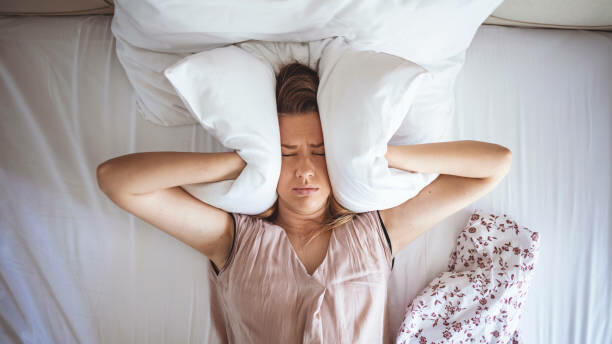
Sleep Disorders During Perimenopause
Explore how perimenopause impacts sleep and discover effective strategies to enhance sleep quality. Learn about healthy lifestyle choices, cognitive therapy, and how the Amira app can support symptom management
Title
